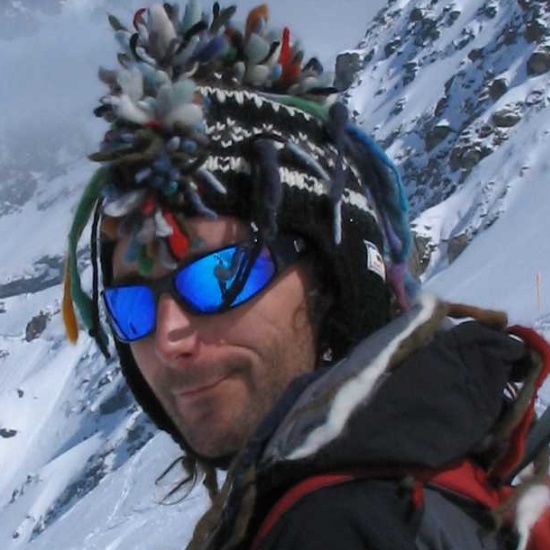Links to external sources may no longer work as intended. The content may not represent the latest thinking in this area or the Society’s current position on the topic.
Geoengineering - taking control of our planet's climate
Scientific discussion meeting organised by Professor Andy Ridgwell, Professor Chris Freeman and Professor Richard Lampitt
Society seems unable or unwilling to make the drastic reductions in CO2 emissions necessary to avoid 'dangerous' (unacceptable) climate change.
A new science 'Geoengineering' that until recently would have seemed pure science fiction, promises an alternative way of temporarily regaining control of climate. This meeting considers the state of this new science, and its implications to society.
Biographies of the organisers and speakers and recorded audio of the presentations are available below. The proceedings have been published in Philosophical Transactions A.


